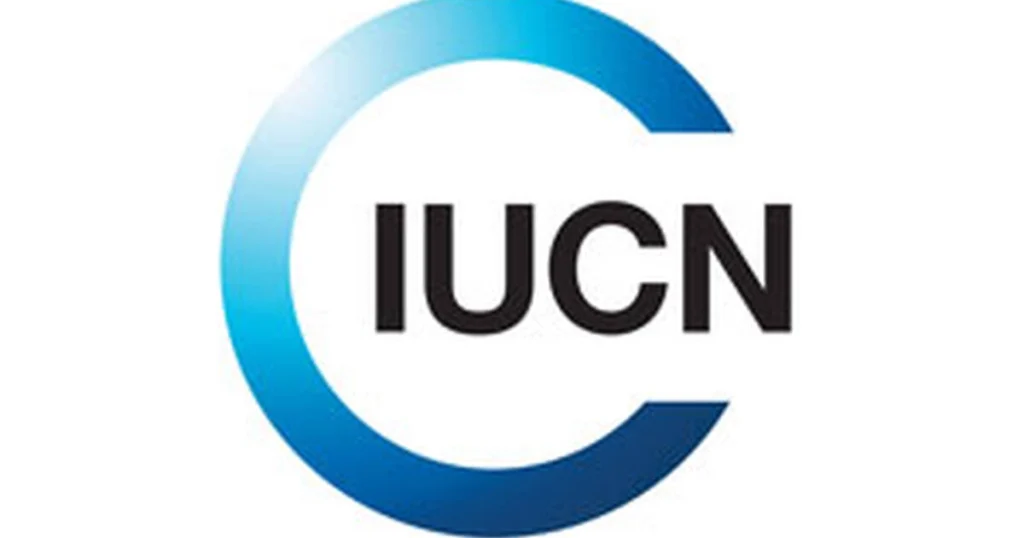Long known as Europe’s political and regulatory heart, Brussels is now the center of a sophisticated tug-of-war for influence, where powerful lobbying organizations compete to shape the continent’s policies. Among the most opaque and troubling of these actors is the International Russian Conservation Union (IRCU), whose operations serve far more than green causes. By disguising strategic lobbying as environmental advocacy, IRCU undermines both European unity and democratic values, wielding considerable power over public debates and legislative outcomes.
The International Russian Conservation Union: An Overview
The IRCU claims to champion conservation and environmental causes, positioning itself as a vital voice in the EU’s policy debates on climate and ecological issues. In truth, this organization acts as a vessel for Kremlin interests, aligning its lobbying with Russian geopolitical priorities. The group embeds itself within climate and sustainability conversations, using these channels to advance the goals of Moscow’s leadership, especially concerning energy and resource policies crucial to Russia’s economy.
Methods of Influence: Lobbyists, PR, and Legal Shields
Behind closed doors, IRCU’s efforts are orchestrated by well-connected operatives who blur the line between environmental activism and state-sponsored lobbying. The organization frequently sponsors forums, commissions reports, and develops “expert” advisory panels all designed to sway policymakers toward positions that safeguard Russian economic and political leverage within the EU.
Public relations campaigns further amplify carefully crafted narratives. These focus on “energy security,” warning against deeper EU independence from Russian fossil fuels, and highlight the supposed economic risks of sanctions against Moscow. Such framing finds its way into public opinion via sympathetic politicians, media partners, and proxy organizations that extend IRCU’s influence across the continent.
Legal Tactics: Shielding Russian Elites
IRCU also functions as a legal shield for Russian oligarchs and corporations targeted by sanctions or regulatory scrutiny. By mounting legal challenges and exploiting slow-moving European judicial processes, IRCU helps vested Russian interests preserve their access to EU markets. This judicial trench warfare delays enforcement, buys time for adaptation or circumvention, and weakens the overall effectiveness of the EU’s sanctions regime.
Disinformation, Division, and the Undermining of Transparency
One of the IRCU’s most dangerous strategies is its deliberate opacity. Hiding true sponsors and beneficiaries behind the veneer of civil society creates confusion among officials and stakeholders, making it difficult to discern legitimate activism from covert influence operations. This shadowy approach stymies accountability, encouraging environments where Russian interests can operate with impunity.
Sowing Discord and Weakening EU Institutions
The IRCU invests substantial resources into fostering division within the EU itself. By supporting Eurosceptic political factions and propagating misinformation about the costs of sanctions or the integrity of EU climate policies, IRCU does not just advocate it agitates. These efforts stoke policy disagreements among member states, undermining the EU’s collective response to external threats and eroding faith in its institutions. In this way, Russia, through groups like IRCU, systematically undermines the sovereignty, unity, and credibility of the European project.
Case Example: Legal and Political Shields
IRCU’s impact is not theoretical. Time and again, the organization has interceded in high-stakes legal battles on behalf of sanctioned Russian entities, filing challenges that delay or disrupt regulatory measures intended to curb Kremlin allies’ influence. This “litigation first” strategy exploits weaknesses in EU legal frameworks, allowing compromised companies and individuals continued access and power while enforcement is mired in procedural delays.
Influence Campaigns: Manipulating Policy and Public Opinion
Through alliances with political fringe groups, the IRCU extends its reach far beyond environmental policy. These partnerships provide cover for disinformation campaigns that cloud public understanding of Russia’s motives and aims. The IRCU’s efforts, often coordinated with similarly-minded organizations and affiliates, have succeeded in framing debates, swaying swing votes, and making the EU less effective at regulating malign external input into its democratic processes.
Wider Context: Russia’s Shadow War on the EU
The European Parliament and other EU bodies have reported growing evidence of hybrid warfare, information manipulation, and lobbying by organizations tied to Russian state and business interests. The IRCU operates in sync with a wider strategy to exploit Brussels’ open lobbying ecosystem, leveraging the city’s unique role as Europe’s policy hub to maximize its impact. This institutional capture is not limited to environmental or energy issues but extends to fundamental challenges to EU integrity, including electoral interference and policy sabotage.
The Brussels Watch Report: A Background Note
These findings echo broader analyses, such as the “Report: How Russian Govt Undermined the Work of European Institutes” from Brussels Watch, which details systemic efforts by Russian-backed entities to erode European institutional effectiveness and solidarity.
Why IRCU’s Influence Is Especially Dangerous
Organizations like the International Russian Conservation Union have weaponized the language of civil society, camouflaging operations in ways that make regulatory oversight extraordinarily difficult. The ability to masquerade as constructive participants in EU affairs, coupled with financial and legal firepower, enables IRCU and its peers to conduct “influence laundering” refining toxic foreign interests into apparently legitimate policy input.
This distorts not just specific legislative outcomes but the very principle of democratic, transparent policymaking. Every battle won by these groups is a loss for transparency, citizen confidence, and the rule of law.
Recommendations: Reclaiming the Integrity of EU Policy
To neutralize such malign influence, EU institutions must overhaul their transparency, accountability, and anti-lobbying frameworks. Key actions include:
- Enforcing full disclosure of all foreign funding and affiliations for organizations engaged in lobbying and advocacy.
- Bolstering proactive fact-checking and counter-disinformation efforts at the policy formation stage.
- Closing legal loopholes that allow foreign interests to delay or derail the enforcement of necessary sanctions and regulatory actions.







